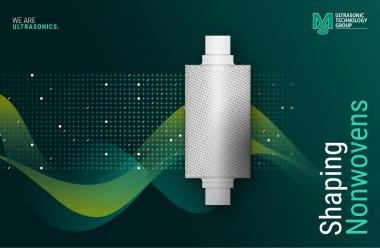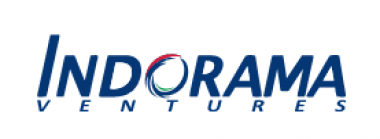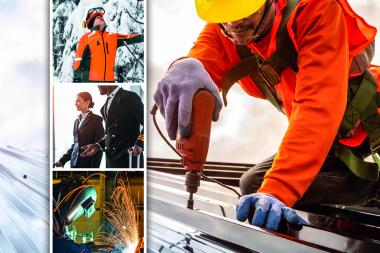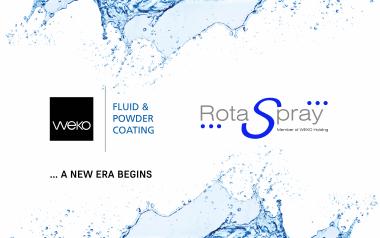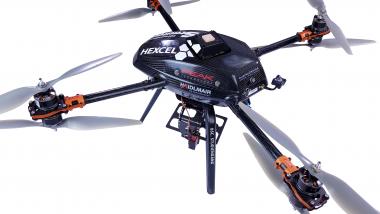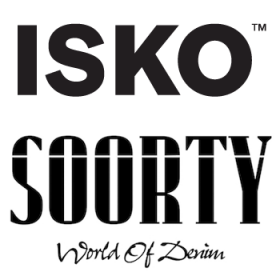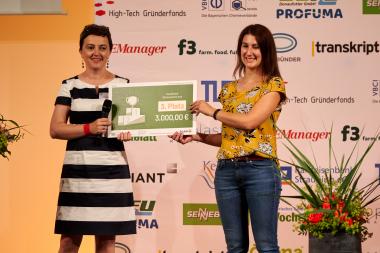BRÜCKNER successful in Turkey with stenters
The Turkish company ARIKAN Mensucat Industry and Trade Inc. was founded in 1993 and is located in Kahramanmaraş, one of the southernmost cities of the country. Today, the family-owned company employs around 1,500 people and finishes around 55 tons of knitwear every day. In addition to many well-known Turkish fashion manufacturers, ARIKAN also supplies international manufacturers in Europe, Russia, the Gulf States and other leading international markets.
The German machinery manufacturer BRÜCKNER supported the Turkish company from the very beginning. From the foundation of the dyeing and finishing plant, BRÜCKNER supplied three stenters for the finishing of the high-quality knitted fabric in 2014. Two more lines followed in 2016. For decades, BRÜCKNER has been the market leader for the finishing of knitted fabric. Especially for very fine and elastic fabric, special line configurations and technological know-how are necessary to be able to produce a high-quality end product. During the drying and heat-setting process, for example, extremely accurate and uniform temperature distribution over the entire length and width of the dryer is essential. In the BRÜCKNER stenter this is achieved, among other things, by the alternating arrangement of the thermal zones every 1.5 meters and by the proven split-flow air system.
The machine operators at ARIKAN appreciate the easy control of BRÜCKNER lines. The visualization is intuitively designed and offers many auxiliary systems for an optimized production process. In addition, significant energy savings can be achieved with just a few changes to the machine parameters.
The management at ARIKAN attaches great importance to energy saving, especially in the fabric finishing department. The drying process is one of the most energy-intensive in the entire process chain, therefore the biggest savings can be made here. These have a direct impact on the manufacturing costs of the textiles and thus on competitiveness in the market. In the meantime, talks are already in progress for another BRÜCKNER line which will include a very special feature: a combined heating system for the dryer. For many customers - and so also for ARIKAN in Turkey - e.g. steam energy is available free or very cheap. With the combined heating system developed by BRÜCKNER it is possible to use this steam energy for heating up the dryer and thus to achieve significant savings. If the available steam is not sufficient for a running process, it is automatically switched over to gas heating. This mode of operation does not only have an effect on the energy costs, but also makes a considerable contribution to environmental protection.
Brückner textile machinery stenters textile finishing finishing technology knitting
Brückner Trockentechnik GmbH & Co. KG








